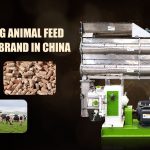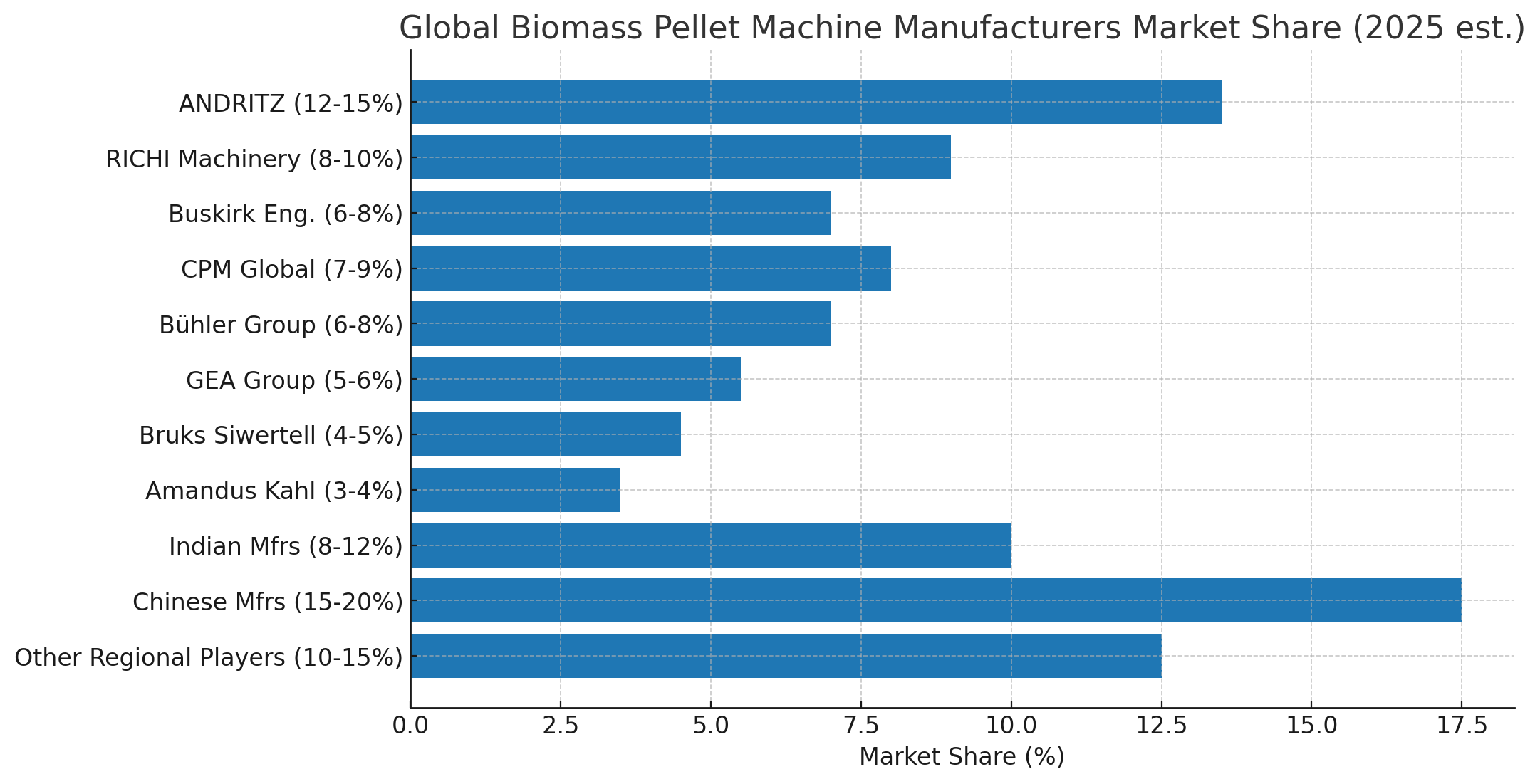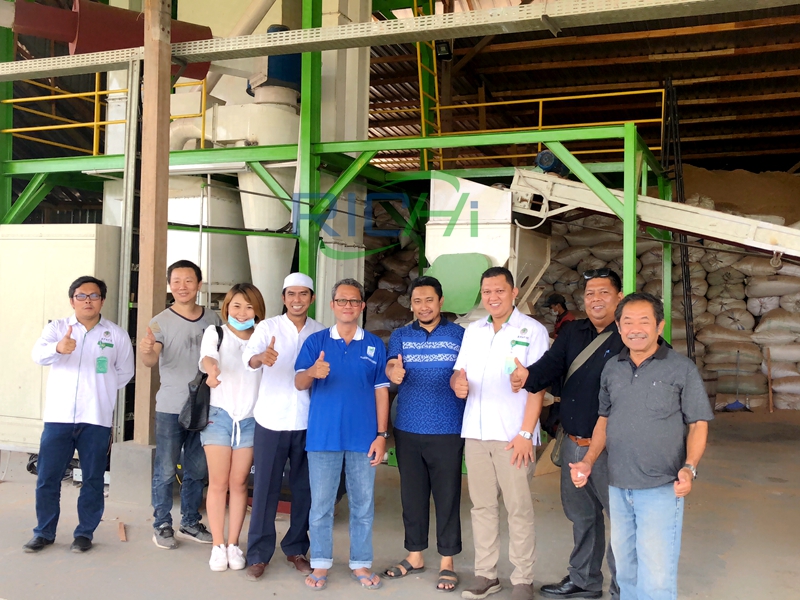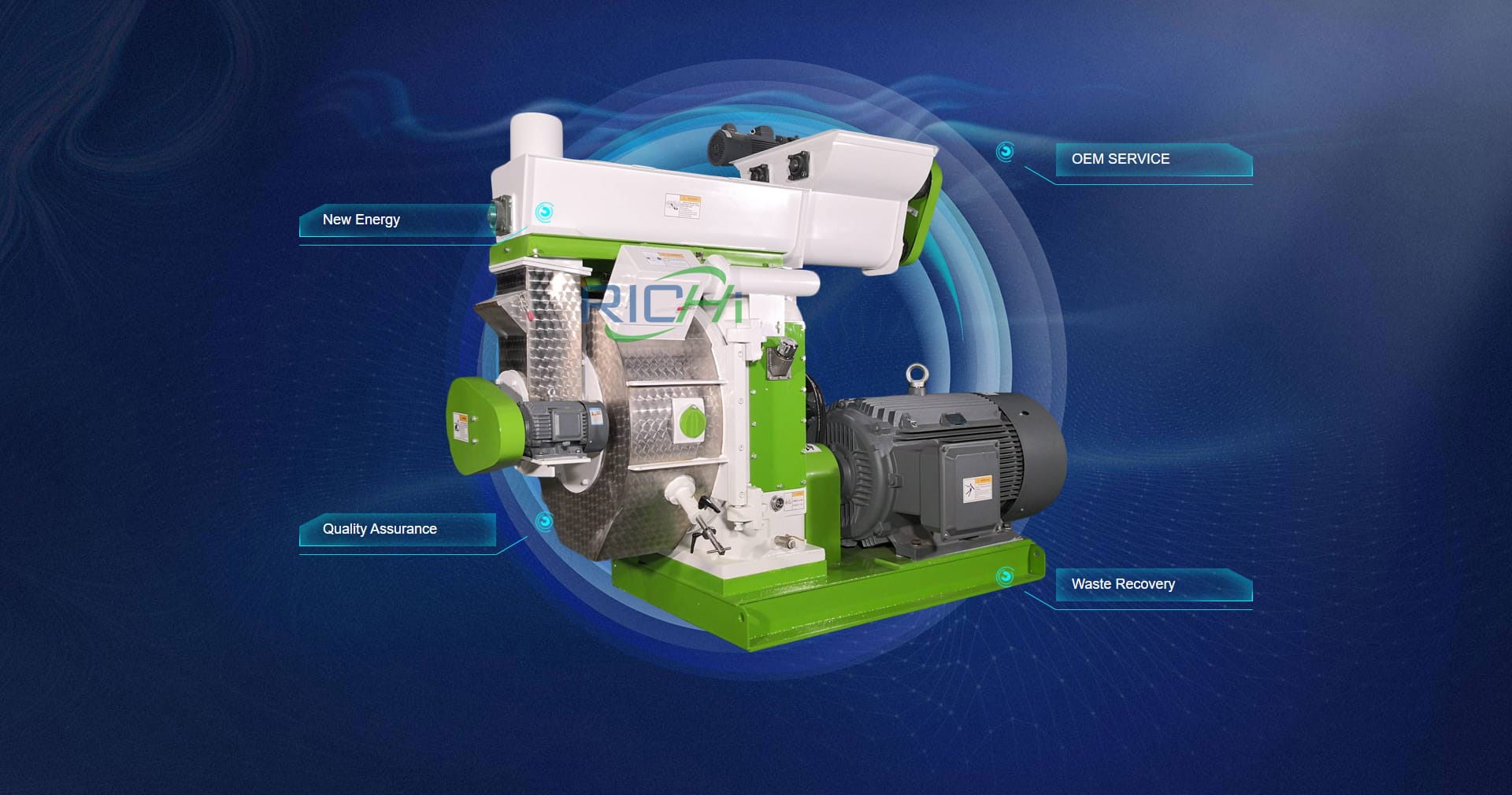In the quest for sustainable energy solutions, bamboo pellet machines have emerged as a key player. These machines harness the potential of bamboo, a fast-growing and eco-friendly biomass resource, transforming it into high-density fuel pellets.
This article offers a detailed examination of bamboo pellet machines, covering their functionality, industry analysis, classifications, working principles, applications, selection guidance, and future outlook.
Introduction to Bamboo Pellet Machines
A bamboo pellet machine is a type of biofuel processing equipment designed to convert bamboo biomass into compact, energy-rich pellets. These pellets are utilized as a renewable energy source, serving as an alternative to conventional fossil fuels.
The machine operates through a combination of mechanical compression and heat, effectively converting raw bamboo into pellets that can be burned in pellet stoves, boilers, and power plants for heating or electricity generation.
Industry Analysis and Specific Data
The bamboo pellet industry is witnessing significant growth, propelled by the global push towards renewable energy and sustainable biomass utilization. Market analysts project an annual growth rate exceeding 7% over the next five years, driven by increasing environmental awareness, advancements in pelletization technology, and the rising cost of traditional energy sources.
Countries with abundant bamboo resources, such as China, India, and Brazil, are at the forefront of this expansion, leveraging their natural assets to meet both domestic and international demand for biofuels.
Classification and Operational Principles
Bamboo pellet machines are classified based on their operational scale and technology level:
Small-Scale Machines: Tailored for local or community-level operations, these machines have lower output capacities but are more affordable and easier to operate.
Large-Scale Industrial Machines: Designed for commercial production, these units feature higher efficiency, automation, and output capacity, catering to large biomass processing facilities.

Working Principle and Process Flow:
- Bamboo Preparation: Initially, bamboo is harvested, chopped, and dried to reduce its moisture content to below 15%, optimizing pellet formation.
- Feeding: The prepared bamboo is then fed into the pellet machine.
- Compression and Shaping: The machine compresses the bamboo biomass through a die, using rollers. Heat generated from the compression process binds the bamboo dust into pellets.
- Cooling and Packaging: Freshly extruded pellets are cooled to harden and are then packaged for storage or sale. More infomation on website: https://richipelletizer.com/bamboo-pellet-machine/
Applications in the Industry
Bamboo pellets are predominantly used as biofuel for residential heating and commercial energy generation due to their high calorific value and sustainability.
Additionally, they find applications in agriculture as a soil amendment and in animal husbandry as bedding, showcasing the versatility of bamboo pellets beyond energy production.
How to choose the bamboo pellet machine?
Choosing the right bamboo pellet machine involves several considerations:
- Capacity and Scale: Match the machine’s output capacity with your operational scale and demand forecasts.
- Efficiency: Opt for machines with higher efficiency ratings to maximize output while minimizing waste and energy consumption.
- Durability and Reliability: Select machines known for their durability and reliability to ensure continuous operation and minimal downtime.
- After-sales Support: Consider manufacturers that provide comprehensive after-sales support, including parts availability and technical assistance.
Future Outlook and Summary
The future of bamboo pellet machines is bright, with ongoing technological advancements promising higher efficiencies, lower costs, and broader applications. As the global community continues to embrace renewable energy, the demand for bamboo pellets—and by extension, for bamboo pellet machines—is expected to rise significantly.
This trend not only supports environmental sustainability but also offers economic opportunities for regions rich in bamboo resources.
In conclusion, bamboo pellet machines play a crucial role in the transition towards a more sustainable and renewable energy landscape. By converting bamboo biomass into a versatile and clean energy source, these machines address both environmental and energy security challenges.
As the industry continues to evolve, stakeholders are encouraged to invest in the latest technologies and practices to harness the full potential of bamboo pellets, paving the way for a greener and more sustainable future.









